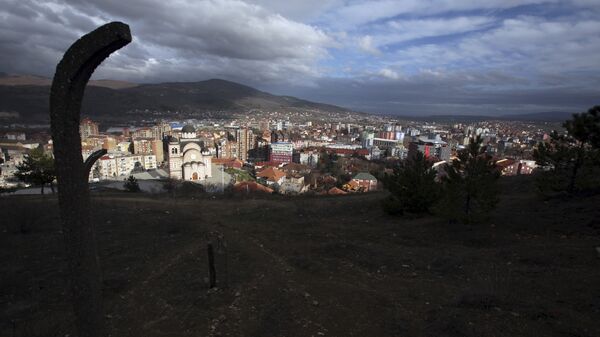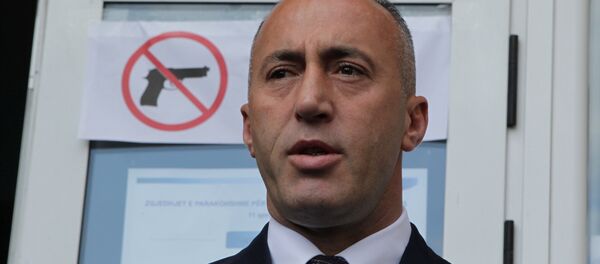Vucic noted that such an option would be more preferable than negotiations with Prime Minister nominee Ramush Haradinaj, who is accused by Belgrade of numerous war crimes.
"Serbians should come to terms with this fact, and Belgrade cannot be pleased with Haradinaj or [Albin] Kurti [leader of radical movement 'Self-determination']. I do not see difference between them and, moreover, the one has already demonstrated himself in the fight against Serbians and the other one has not yet and could become worse than Haradinaj. Anyway, it is a difficult process, but it is better to talk than have no dialogue at all," Vucic pointed out.
The dialogue between Belgrade and Kosovo supported by the United States and mediated by EU representatives was launched in March 2011. The main achievements of this dialogue were Brussels Agreement between Belgrade and Kosovo on the normalization relations reached in 2013 and an agreement on the establishment of Association of Serbian Municipalities.
On May 10, the Kosovo Assembly voted to dismiss the government of Prime Minister Isa Mustafa in a no-confidence motion, as the current government failed to implement political pledges. The initiative passed with 78 votes in favor, 34 against and three abstentions, paving the way for a snap election. The election took place on June 11, and now it is decided who is going to lead the government as a prime minister.
The Kosovo War between the ethnically Albanian KLA and the forces of Yugoslavia in 1998-1999 ended after the UN-backed international intervention following NATO's bombing of Yugoslavia. In 2008, Kosovo unilaterally proclaimed independence from Serbia and was recognized by over 100 UN member states. Serbia alongside Russia, China, Israel and several other countries do not recognize Kosovo’s independence.



